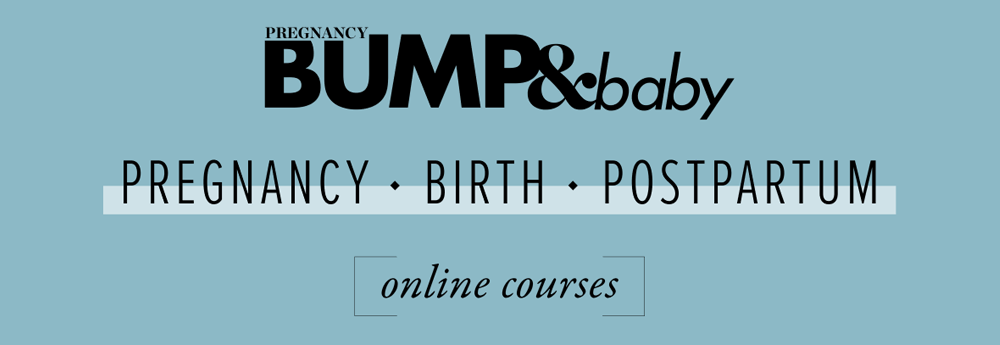The tips for success listed below make a massive difference to the state of your bowels. Your bowel health then influences your metabolism, your energy levels, your skin, your digestion, your weight, your ageing and your potential longevity. It is the small and regular daily changes you make that build a new healthier, stronger and younger body.
Wake up around 6 a.m. and stand up immediately. Do not snooze. You snooze, your bowels lose!
On waking, drink a large glass of warm water with lemon juice, a pinch of sea salt and two tablespoons of apple cider vinegar (or just the water if you can’t cope with that mix).
Do stretching routines until you have your morning bowel motion
Exercise as daily physical movement will help create regular bowel movements. Regular exercise helps prevent and treat bowel and digestive disease.
Have a good healthy breakfast – soaked homemade muesli with stewed fruit, or a banana, a green smoothie or just fresh fruit
Breakfast like a king, lunch like a prince and dinner like a pauper.
Your digestive system needs about three hours’ rest before it is happy to lie down.
Never try to stop your bowel motions – when they knock, let them out.
Drink between meals. Drink 30 minutes before eating or one hour afterwards
Always drink when thirsty, do not drown yourself. Drink herb teas to stimulate the digestive system. A delicious evening drink in winter is to grate some fresh ginger into a cup, pour boiling water on top and you can add some apple or grape juice. Then sip.
Raw, soaked, sprouted and fermented foods are the best friends your digestive system will ever have
They provide prebiotics, probiotics, antibiotics, digestive enzymes and massive amounts of plantioxidants.
Squat when you go or at least have your knees higher than your hips (see section D on rebuilding your gut bacteria for more on this).
Excess smelliness or putrid-smelling stools are a sign that bad bacteria outweigh the good bacteria in your bowels.
Routine: have a regular wake time, bedtime, exercise time and meal time.
Any natural high-fibre food will always be a better choice than a refined food.
Fruit is the best snack of all
Eat fresh fruit on its own at least half an hour before meals or two hours afterwards as it is digested within 30 minutes. Homemade soup is a good high-fibre snack meal, as well as being a great way to save money and use your leftover vegetables
Dried fruit or nuts are a great high-fibre snack.
High-quality soy foods, such as traditionally made tofu, tempeh and miso, feed and clean your microbiome very well.
Potatoes are good fibre foods, if baked or used with the skins on, in soups.
Brown lentils, chickpeas or beans in a vegetable casserole add protein, bulk and dense food, complex carbohydrates and increase the fibre content.
One avocado adds ten grams of protein, seven grams of fibre and healthy essential fatty acids to a salad.
Toast pumpkin, sunflower or sesame seeds and sprinkle over a salad
Baked kumara and pumpkin add fibre and bulk to a salad.
Chop fresh raw corn from the cob on to your salad – delicious and sweet.
The health of the digestive system is all-important. You do not realise how closely aligned your bowel health is to your mental and emotional health until you are going a few times each day regularly. The nerve endings that are in the bowel are directly connected to the brain, so you soon get addicted to how great your body feels when clear and consistent. Like a baby’s bowel, learn to eat then eliminate, eat then eliminate, eat then eliminate.
Edited and extracted with permission from Feel Great & Live Longer: A New Zealand Handbook for Excceptional Health, by Jason Shon Bennett (Potton & Burton $39.99).
As with all health advice, please consult your LMC, midwife, or doctor before acting on any of the above, as some things may not be suitable for your body or pregnancy.
BUMP&baby
BUMP & baby is New Zealand’s only magazine for pregnancy and early babyhood. Our team of mums and mums-to-be understand what it’s like to be pregnant in this connected age, and that’s why BUMP & Baby online is geared toward what pregnant women and new mums really want to know.
Other articles of interest
What to do (and not do) during labour
This one’s for your birth companion – anyone whom you’re planning to have in the delivery room while you’re in labour and giving birth needs to read it.
Pregnancy symptoms… For dads!
Thought it was just mums-to-be who get morning sickness, gain weight, and have mood swings? Dubbed “Couvade syndrome”, pregnancy symptom-sharing by dads-to-be is far more common than you may realise.








